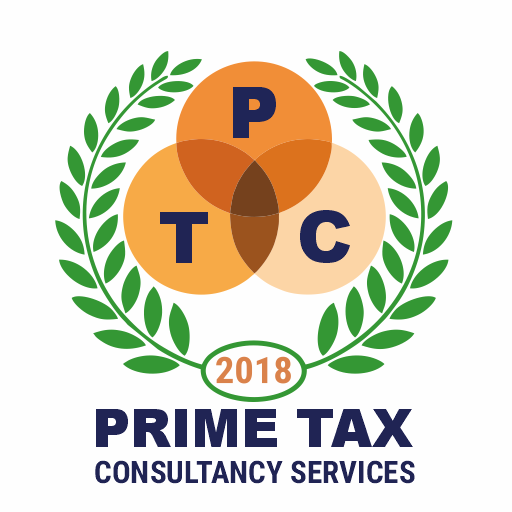The Central Government levies income tax on the income produced by individuals and businesses throughout a fiscal year.
Taxes are seen as a Major source of revenue for the government. The income obtained from taxation is then used to build infrastructure, provide better healthcare, provide education subsidies to farmers or individuals engaged in the agriculture industry, and other Government Social reforms.

➤ Who should file Income Tax Return?
One has to file an ITR whose aggregate of all his income exceeds the basic exemption limit. There are different basic exemption limits applicable based on age. All those who are below 60 years have to pay tax only if their taxable income exceeds Rs. 2.50 lakhs. Those over 60 but below 80 enjoy exemption upto Rs. 3 lakhs. Very senior citizens who have already crossed 80 years enjoy free income upto Rs. 5 lakhs every year.
Other reasons why you may have to mandatorily file Income Tax Return
There are certain exceptions to the above basic income exemption limit rules. That is, in certain cases, even if the gross total income does not exceed the exemption limit as mentioned above, the individual will have to mandatorily file ITR irrespective of the tax regime chosen.
As per current income tax law, income tax return for FY 2020-21 must be mandatorily filed before the deadline i.e., December 31, 2021, If an
a) Individual has spent an amount or aggregate of amounts exceeding Rs 2 lakh for himself/herself or any other person for travel to a foreign country;
b) Individual has deposited an amount or aggregate of amounts exceeding Rs 1 crore in one or more current accounts maintained with a bank or co-operative bank;
c) Individual has paid electricity bill exceeding Rs 1 lakh in a single bill or on aggregate basis during the financial year;
d) Ordinarily resident individual having income from foreign countries and/or assets in foreign countries and/or having signing authority in any account outside India; and
e) If an individual’s gross total income exceeds the exemption limit before claiming tax exemption on capital gains under section 54, 54B, 54D, 54EC, 54F, 54G, 54GA or 54GB of the Income-tax Act, 1961.
Benefits of tax filing including
Govt of India took stringent measures in enforcing the Income Tax Law by linking various benefits for prompt tax filers.
- Avoid paying penalties, embarrassments
- Hassle-free loan processing
- Get your refund back on the TDS & excess tax payments
- Carry forward Losses
- Hurdle free for Foreign VISA Stamping with IT returns filing
- Improve your credit worthiness for future loans
Disadvantages in not filing Income Tax Return
Govt. of India took serious measures in taking the tax filing compliance to new heights. Dis-advantages of not filing your tax return in time are
- Rs. 1,000 in penalty for small taxpayers with their total income not exceeding Rs. 5 Lakh
- Rs. 5,000 will be imposed for those whose return submitted after the due date.
- Rs. 10,000 fines for those who do not file their income tax returns (ITR) on time.
- Interest on due amount of Tax under Sections 234A
- Revision of a belated return is not allowed.
- Restriction in not allowing losses to set-off against future income.
- In addition, belated filing may attract many other penalties / restrictions.
- Penalties under sections 271F
- Tax Refund without any interest from IT Department
➤ Our Income Tax Services
- Income Tax Return Filing for All Businesses Assesses
- Tax Audit
- TDS Returns
- Capital Gains Consultation
- Tax Planning
- Notice Handling
- General Tax Compliance
- Tax Savings Advisory
In India, there are two sorts of taxes: direct taxes and indirect taxes. Direct tax is a tax that is applied directly on income. Direct tax whose calculation is based on the income tax slab rates in effect for a given fiscal year.

